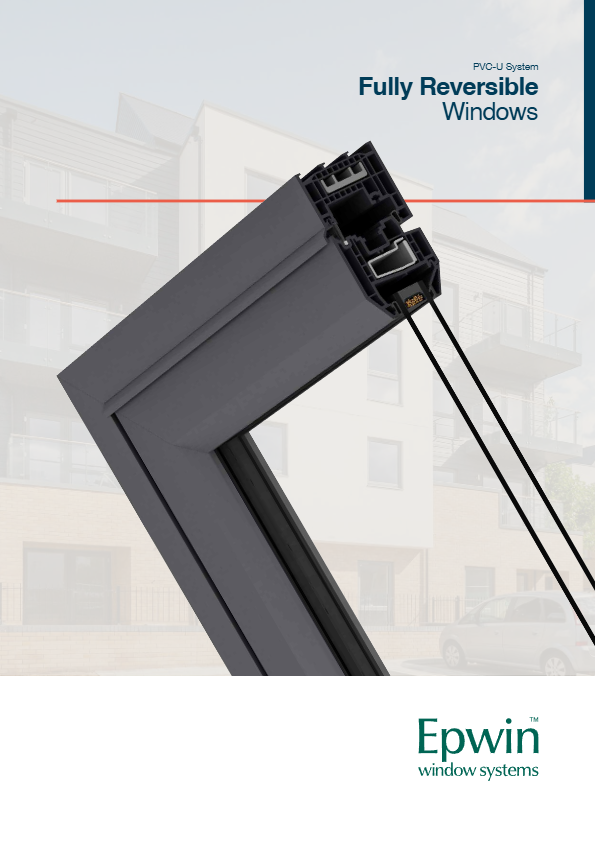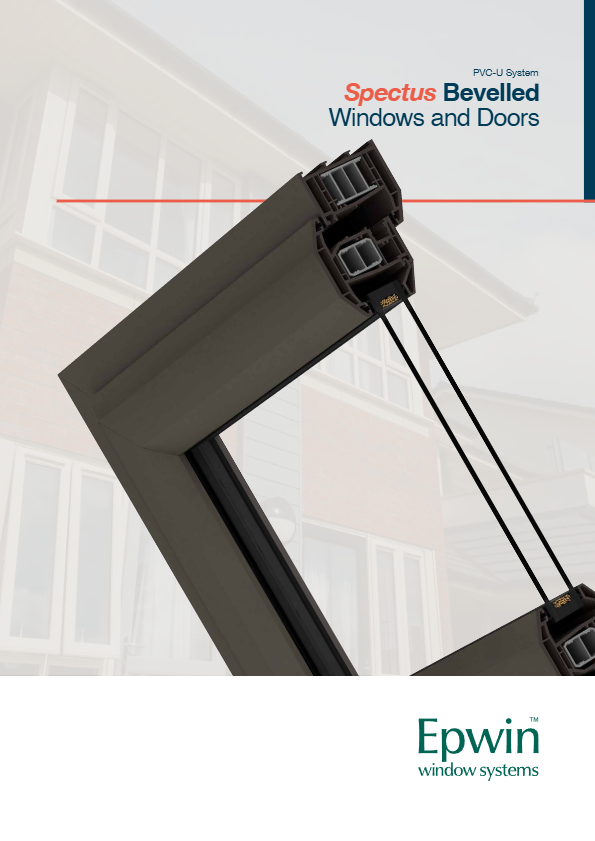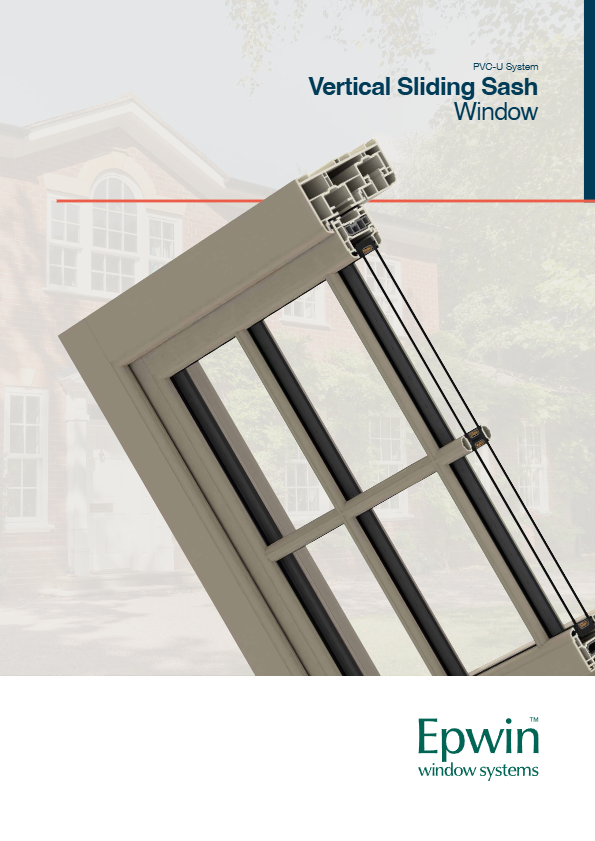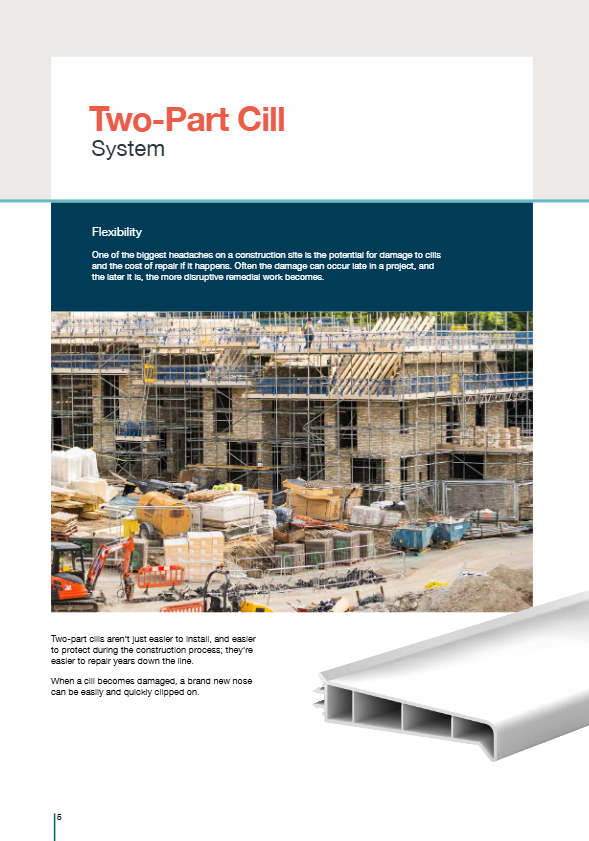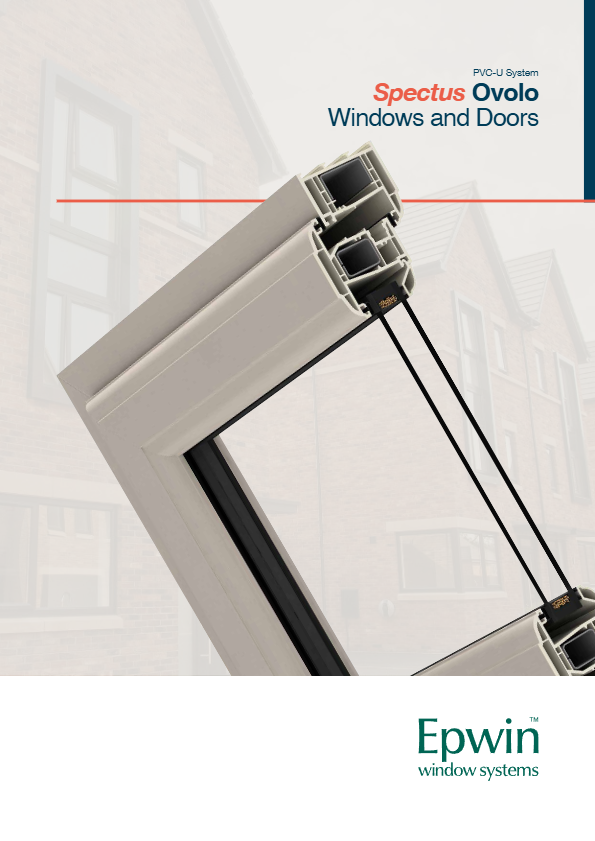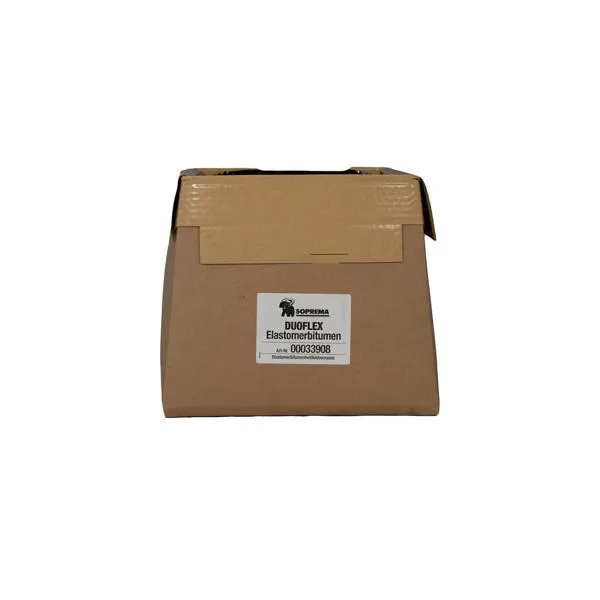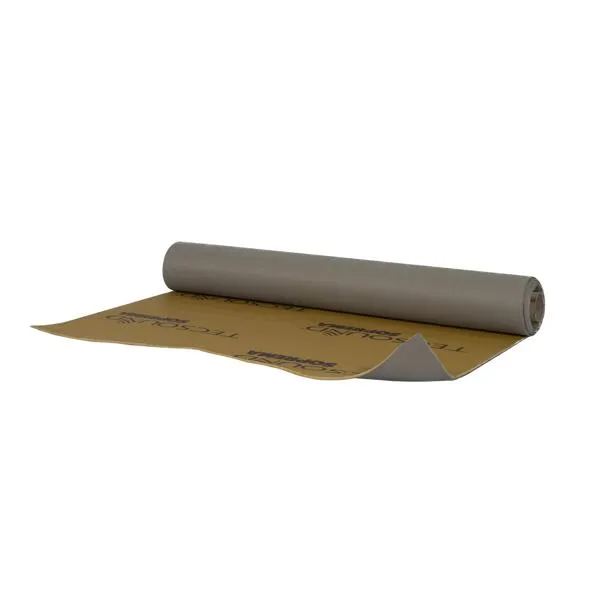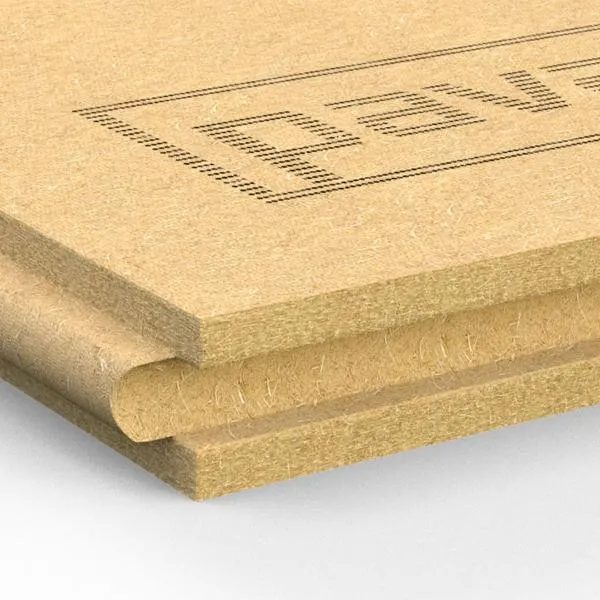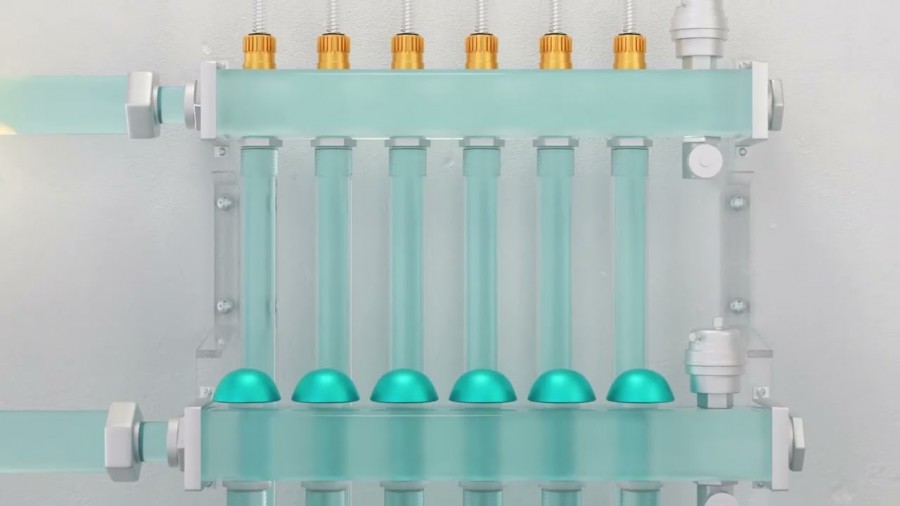New technical guidance from the Building Engineering Services Association (BESA) emphasises the importance of allowing adequate spacing between building services in projects using traditional approaches, modern methods of construction (MMC) and design for manufacture and assembly (DfMA).
BESA Technical Bulletin (TB56/1.1) is the first in a series planned by the Association’s specialist Offsite Group and provides a snapshot of guidelines, principles, and rules of thumb to be considered as early as possible in the design process for the spatial fit of services.
It illustrates the importance of making sure the spatial provision of services, particularly key elements like ceiling void depths, distribution routes, access and maintenance zones are validated and accurate by the end of RIBA Stage 3 as the building form and fabric will be largely set by that point.

The free guidance, which was downloaded widely in the first few days after it was published, explains how designers and engineers should ensure that pinch points and spatial consideration are a consideration for all “rooms, routes and risers” (the three R’s). It also gives project teams valuable rules of thumb for ensuring proper separation of services, spare capacity, and future service zones to allow for any potential changes during the lifetime of the building.
“This technical bulletin is a great example of the collaboration between BESA, the industry's leading MMC and DfMA manufacturers, and delivery companies. It is encouraging that all the parties were keen to share their combined knowledge and experience with the wider industry,” said BESA Offsite Group chair Mark Snell.
“Spatial fit has long been an area of concern that, unless considered at the earliest stages, can lead to multiple problems down the line and restrict our ability to achieve co-ordination of works at RIBA stage 4 and beyond. It can also leave end clients with a potentially expensive problem if they want to make changes to the building in the future.”
The technical bulletin is free to download and refers to relevant industry guidance including BESA publications DW144 and TR19. It focuses heavily on best practice for managing service distribution using a roof, floor plate, corridor, floor void or through service tunnels to ensure efficient and safe access that also supports future service and maintenance.
It has sections on the separation of services within voids, compartmentation, fire stopping and the location of life safety services among others.
“An understanding of the client’s spare/future capacity requirements is key to providing the right level of flexibility without overestimating or making generic allowances,” said Snell. “Void modelling should also take into account any likely future service requirements.”
For more information on this and other BESA technical guides go to: www.theBESA.com










